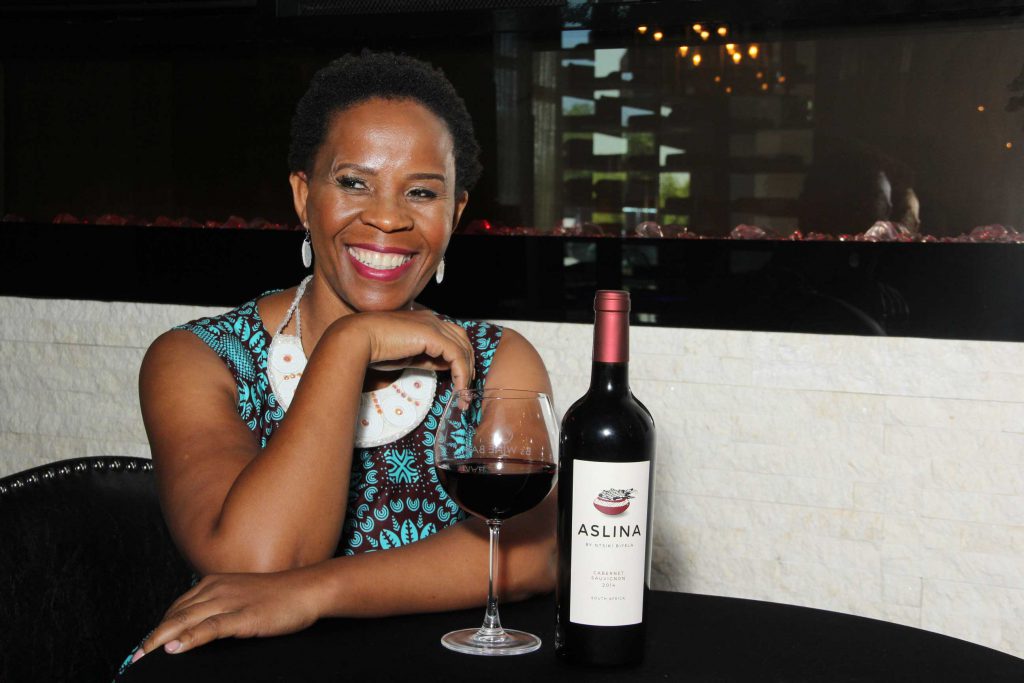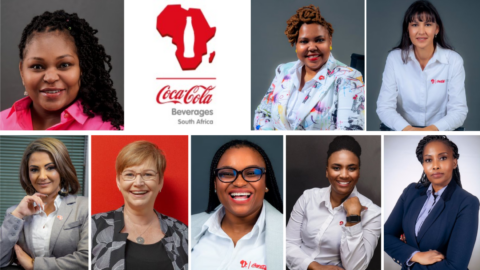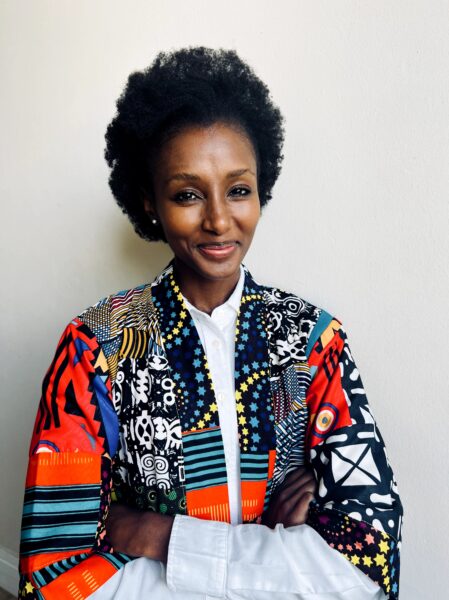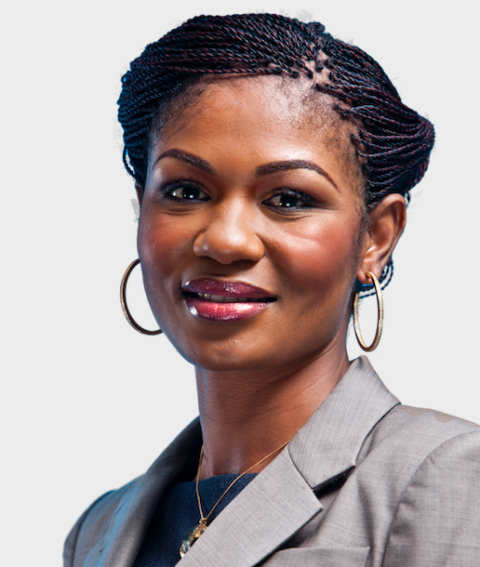Celebrating Women
Stand Your Ground
“Find your passion,” says Debbie Merdjan, CEO of the Camelot Group that owns a network of spas and provides health and skincare education countrywide. “Enjoy the journey and be present in the moment.”
Merdjan believes that passion helps keep the challenges of the hospitality industry in perspective — and she is not just referring to the long working hours, essential communication skills, and leadership responsibilities.
“While there is an increasing number of women in the upper echelons of the hospitality sector,” says Merdjan, “they are viewed as possessing soft skills — attention to detail, for example — and not viewed holistically. Not all their capabilities are recognised, and they’re often taken less seriously than men.”
Successful managers display a strong sense of discipline with high staff and service level expectations. “Good communication skills are important. Regular training is imperative.
“But,” she adds, “having a goal and a vision is a crucial bedrock of making it in this industry.”
There are ways to make yourself unstoppable, says Merdjan: “Keep your eye on the numbers and reviews and be familiar with the competitor landscape. Combine experience with sound business practices and grasp opportunity.”
“Stand your ground,” adds Chantel Dartnall, award-winning head chef and owner of Restaurant Mosaic at The Orient in Elandsfontein.
While women chefs are finally finding themselves heading towards an equal playing field, a gender imbalance still exists. But Dartnall takes comfort that the world is changing. “We can expect a revolution in the industry.”
Dartnall, who won Best Female Chef in the World at the International Best Chef Awards in Warsaw in 2017 says the word “female” has now been removed so the award is no longer gender-specific. “We’ve been fighting for equal recognition for a long time. The industry has opened up to women. So many are reaching incredible heights. The only barriers today are the ones in our minds. While there are fewer female chefs than there are men, many are achieving international recognition. Women can help themselves by not setting limitations.”
Award-winning vintner Ntsiki Biyela who started Aslina Wines in 2013, says women work double the amount men do in this historically male-dominated industry. “We have to make extra magic. As a woman, you have to almost convince others to acknowledge, ‘yes, she is a winemaker’. When I first started in this business, I knew — I could feel it — every word coming out of my mouth was scrutinised to see if I spoke the true language of winemaking.”
When Biyela started in the industry, she was not merely a female, but a black female. “Of course, some people carried an unconscious bias, but I chose to focus on the positive.”
She agrees with Dartnall that, “our biggest barriers to entry in the hospitality industry are the barriers within ourselves. As women, we doubt our capability and strength. We forget how strong we are”.
Biyela says leadership is not a title: “It’s an action. It’s the way we live our lives.”
As part of the Pinotage Youth Development Academy (PYDA), which helps prepare disadvantaged youngsters for work within the wine and fruit industries, she likes that girls look at her and think, “if she can do it, so can I”.
Biyela was in Japan recently and found Japanese women struggled to take up positions in this industry. “It’s the men. Like men in SA, they don’t like it when women step on their toes.”
That hasn’t stopped Biyela. “Stand up,” she says. “Don’t trade your values. Never hold back.”






 Sign-up and receive the Business Media MAGS newsletter OR SA Mining newsletter straight to your inbox.
Sign-up and receive the Business Media MAGS newsletter OR SA Mining newsletter straight to your inbox.